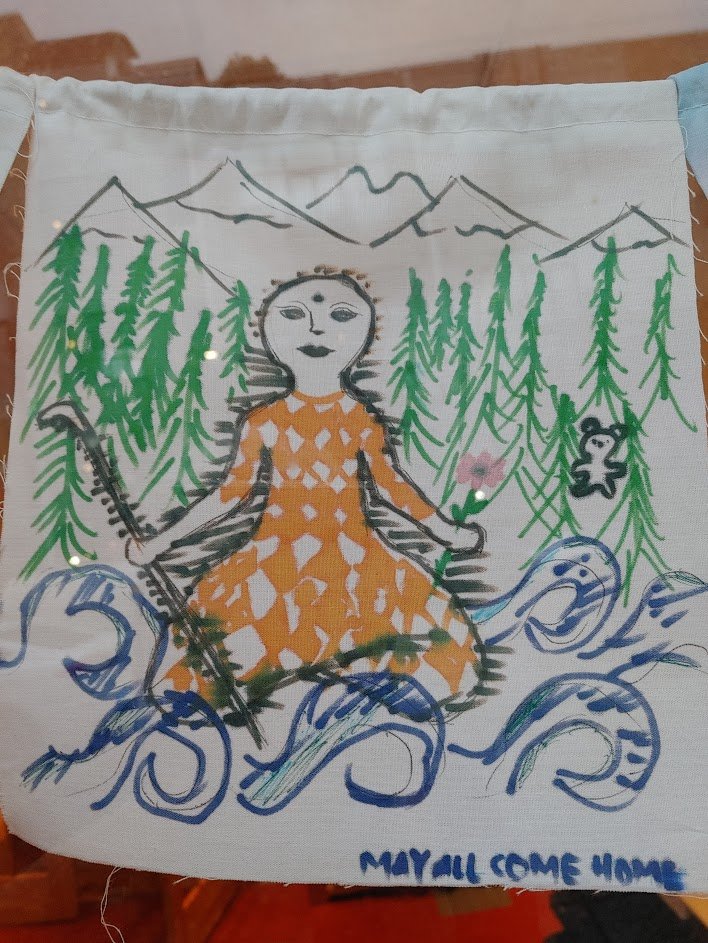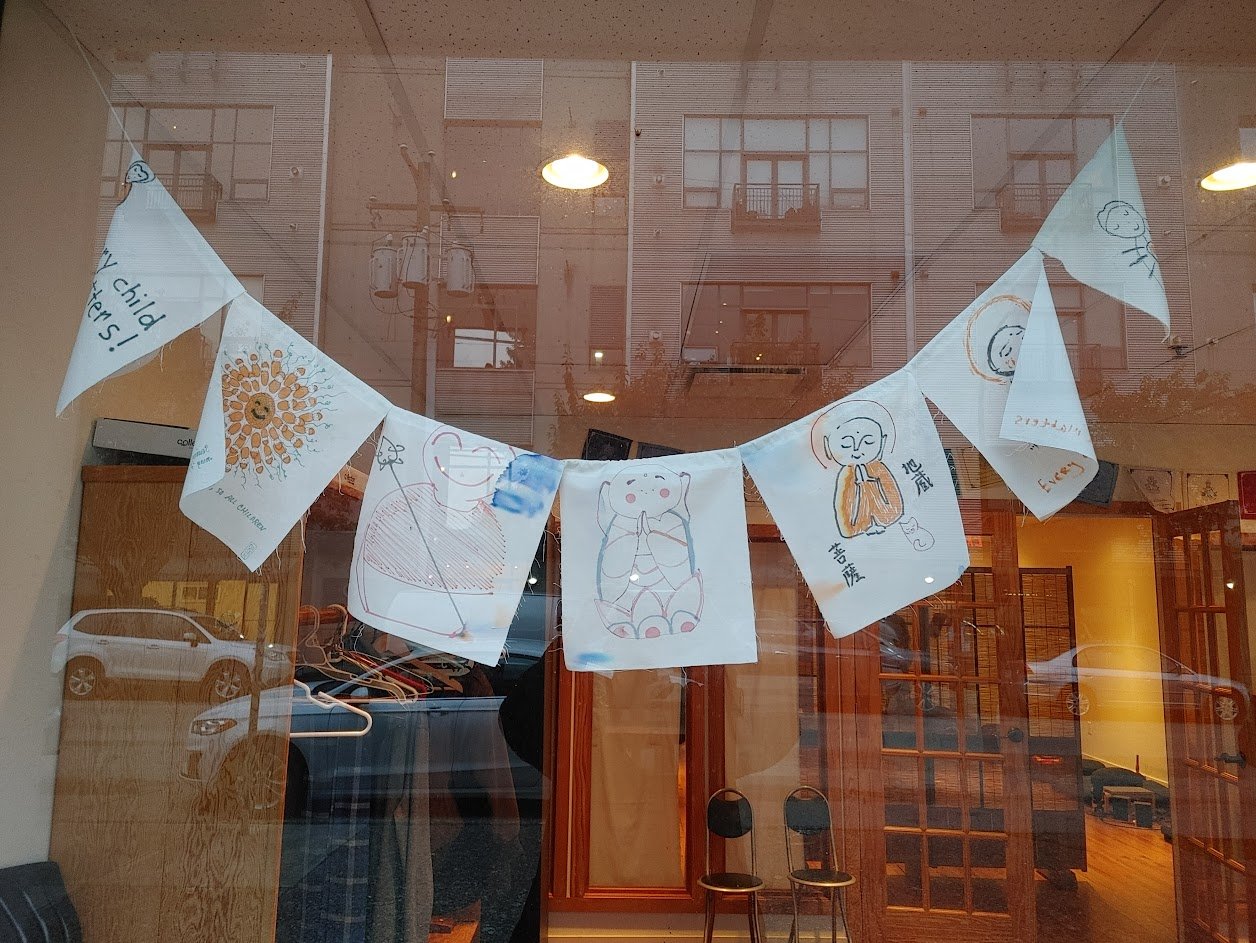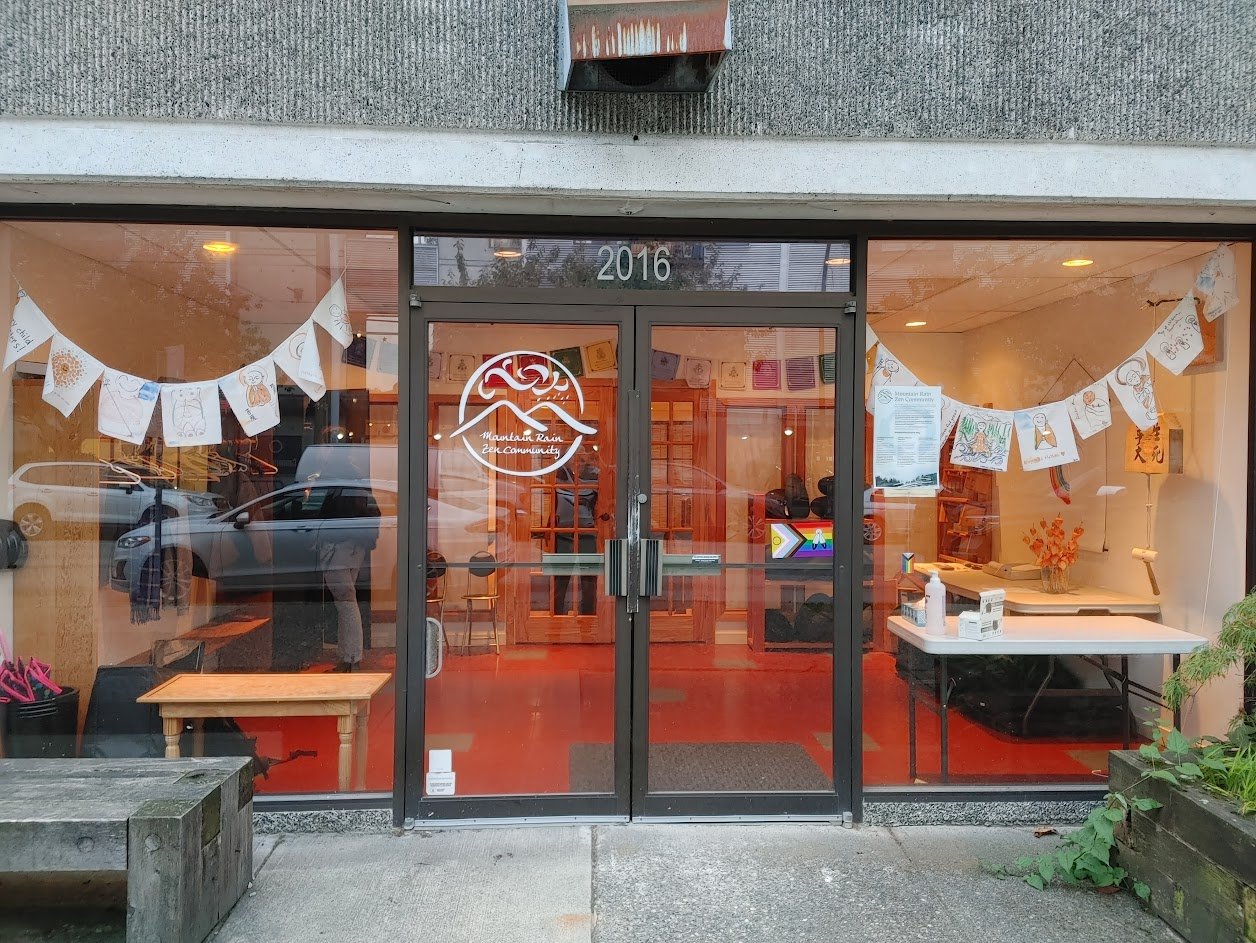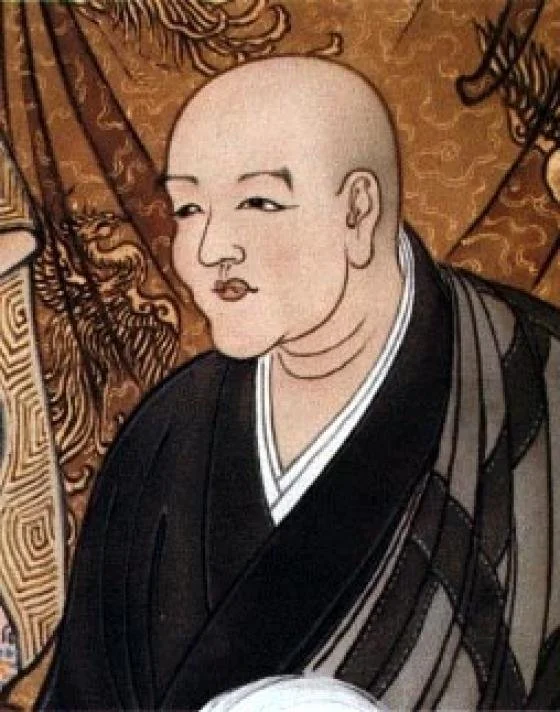Annual Council Retreat
/On Saturday November 18, close to twenty sangha members actively engaged in the MRZC annual retreat & review of strategic deliverables!
Capably led by Moe Zakzouk, we gained skills as negotiators and listeners. We sat in circle together, laughed together and learned together.
We reflected on our aspirations for Mountain Rain, and specifically what our motivations were for the retreat. We discussed what is working well, what needs to change, what is missing.
New songs, composed by Trudy Grienauer, were sung and the bodhisattvas invited to eat. Potluck lunch and tea-time were when exciting ideas bubbled to the surface to be shared, as can be seen in this photo.
Then, in breakout groups, each of MRZC’s priorities (Sustainable Governance, Financial Sustainability, Capacity Building, Diversity and Inclusion, Practice Leadership) was explored and some helpful suggestions were discussed.
We look forward to moving ahead with our strengthened community and clarified vision!









